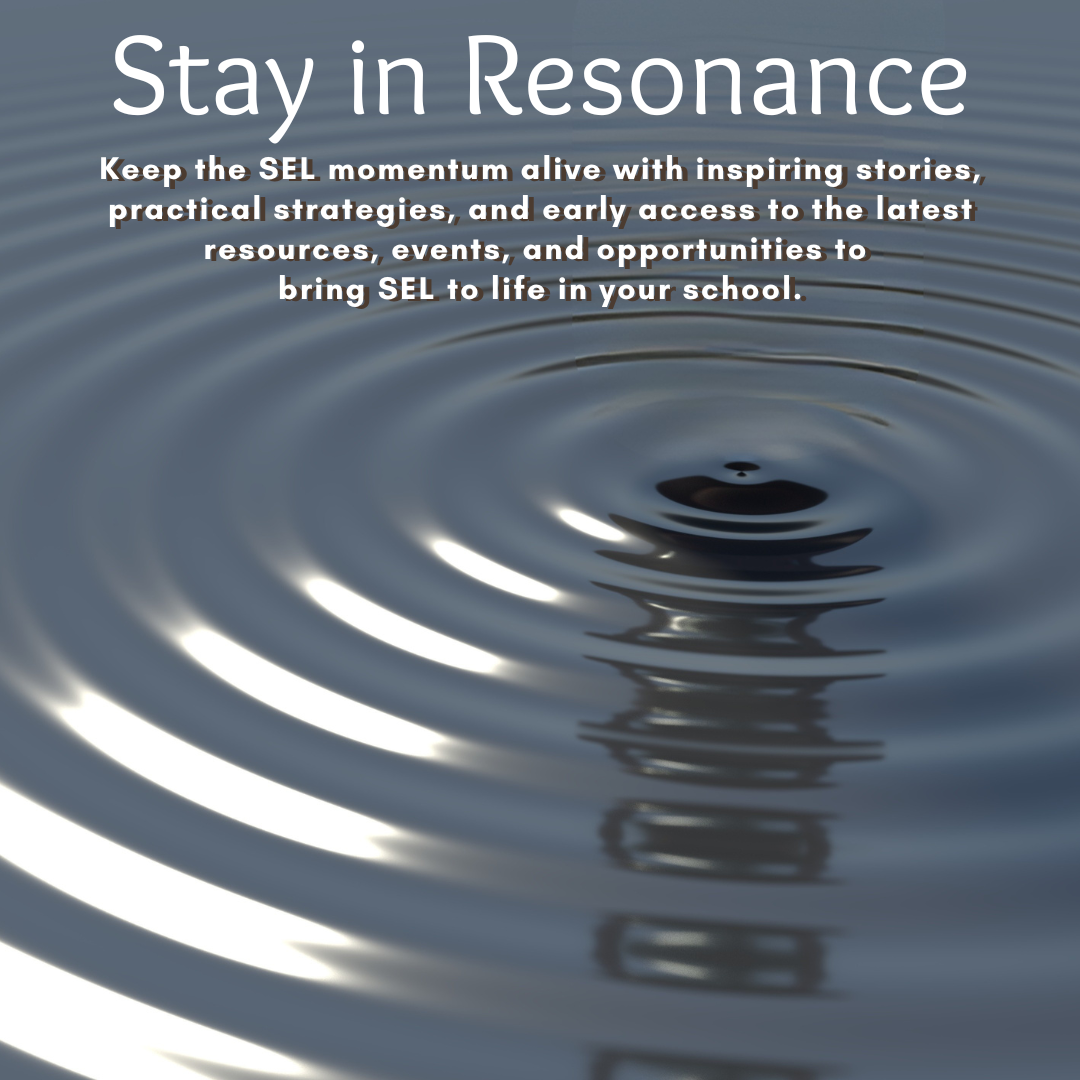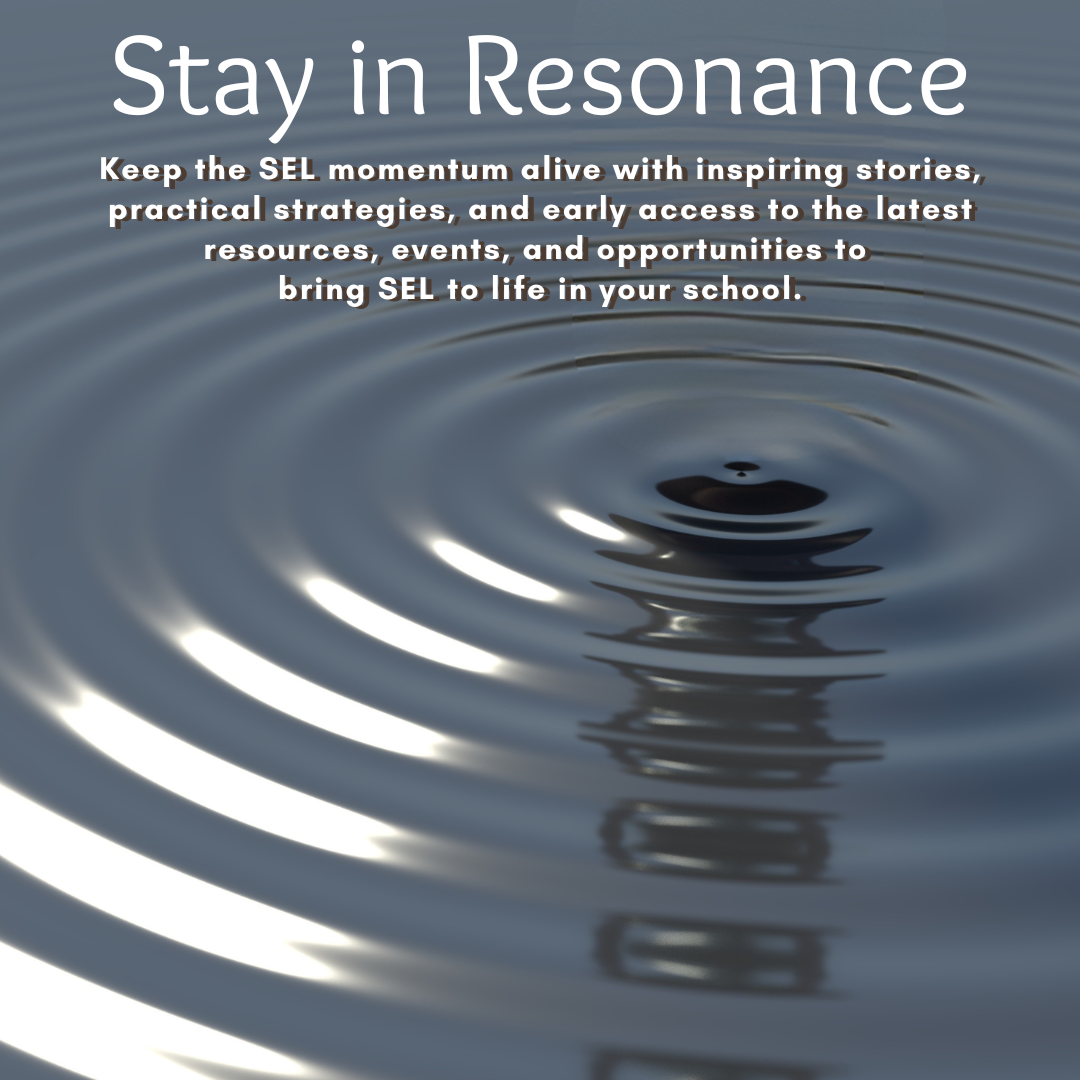031: Thank You For Being a Friend
Jul 21, 2022
Two weeks ago, I attended a conference of my fellow ASCD Emerging Leaders. We are a group of educators who bonded together through our experiences in the two-year program sponsored by ASCD.
For many of us, the last time we convened was in Fall 2019 before COVID. We broke bread together, celebrated one another’s successes and achievements, learned with and from one another, shared best practices, collaborated on educational topics, and planned to remain connected over the next few months. It was, quite simply, one of the most refreshing experiences I’ve had in years.
In the ten years since I’ve been involved with this program, these educators have become my closest friends and deepest confidantes. We have shared dreams, honored one another's successes, and leaned on each other for comfort during trying times. We are spread out worldwide and yet make time to connect regularly for social meetings, collaborative projects, book clubs, and writing groups via Zoom.
My closest friends do not live locally. So how did we find the time to connect and deepen this connection?
In Plays Well: The Surprising Science Behind Why Everything You Know About Relationships Is Wrong, Eric Barker shares research from Dr. Jeffrey Hall from the University of Kansas. Hall found that it takes 40-60 hours to form casual friendships, 80-90 hours with someone to develop a friendship, and 200 hours for a deep friendship.
Unfortunately, we have a limited amount of time every day. And as humans, our capacity for friendship tops out at about 150 people (from casual to best friends). So how do we determine who to share our time with? In his article, Three Ways to Filter Your Friends, author Nir Eyal share three practical tips:
- First, define what being a good friend means. Then, fulfill that role and look for others who can and will reciprocate.
- Then, seek friends with mutual values. We don’t have to have similar interests as our friends, but it helps to have friends who believe in the same traits that you hold as foundational.
- Finally, book time with your most important friends. In our busy lives, sometimes time goes by before we even realize it. Therefore, blocking time with your most important friends is critical. As Eyal states, “Consistency is more powerful than intensity.”
I am forever grateful to have met my friends through the ASCD program. They are some of the most dedicated, knowledgeable, giving, kind, and supportive people I have ever met. I look forward to many more decades of celebrating highs, showing up for the lows, and embarking on deep learning together.
- What does being a good friend mean to you?
- Who fills that role for you?
- How do you ensure that you stay in regular (daily, weekly, monthly, bimonthly, etc.) contact?
Consider this a friendly reminder to set up that Zoom meeting, schedule that lunch date, or make that phone call to check in!


